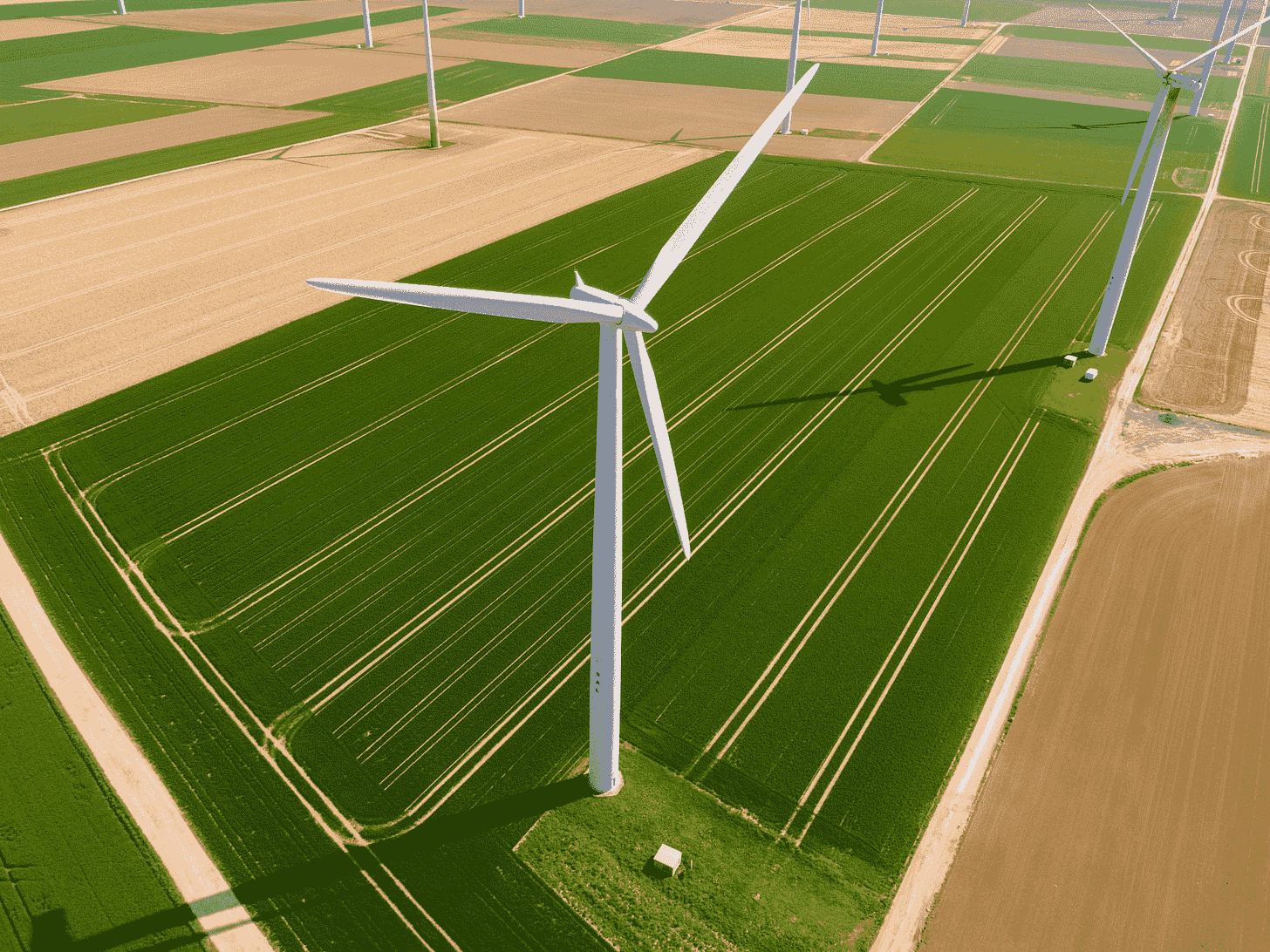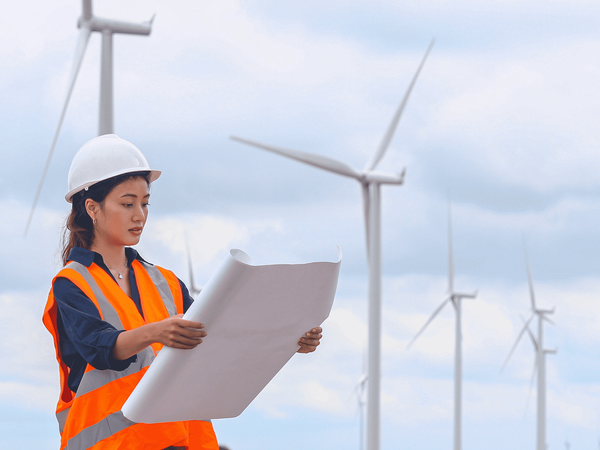Coral Ruz: How an expat launches zero waste festivals in Germany and inspires thousands
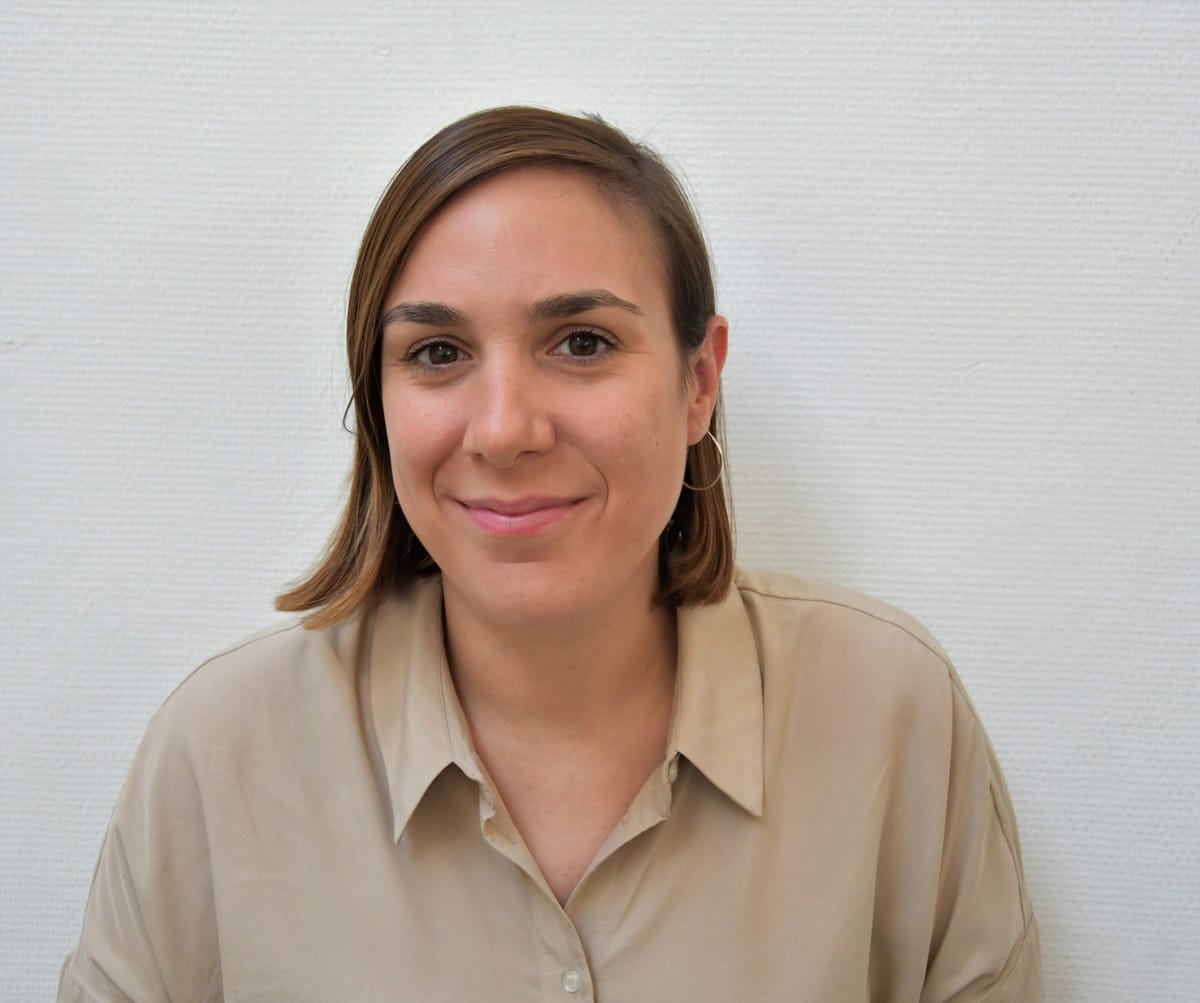
Language is not a barrier
Coral shares her amazing journey from being an expat in Germany to building the professional network of ZWBF—an inspiring story we all need.
Coral Ruz is the founder and CEO of the Zero Waste Berlin Festival (ZWBF) and the Green Impact Agency. Originally from Spain, she has been living in Berlin for a while. Coral has a degree in marketing and previously worked in different areas of marketing, communications, project management and event management.
Last year, she also started the Green Impact Agency— a consultancy to help sustainable startups with business growth, communication, marketing, and crowd-funding campaigns among other services.
What is the story behind the origin of your company?
In 2018, I read about a project called zero waste daniel, based in New York. Daniel goes to local factories, takes leftovers from clothes production, and transforms them into attractive clothes. It was the first time I heard about the concept of zero waste and I was totally fascinated by it.
I found it interested because it was such an easy solution and I asked myself, why is not everyone doing this? Since then, I started reading a lot about the concept of zero waste and realized just how many ways one can implement sustainability into their life. I felt that was what I needed to do in my life.
How did your journey to entrepreneurship start?
I always wanted to be an entrepreneur but was waiting for a project that I would be passionate enough to start. With ZWBF, I have had enough passion to pursue and continue even through bad and good times. Before even I started the company, I was looking for communities or events in Berlin so that I could meet other like-minded people around the topic of zero waste, but couldn't find much back then.
So, in 2019, I created a meetup group with a vision of learning, sharing, and connecting with people from the sustainability field. I also created a Facebook event, expecting I can bring maybe 10-12 more people from there. To my surprise, the Facebook event attracted about 500 interested people. The Facebook algorithm also partly takes the credit I guess but it was like a crazy number. But I wasn’t expecting all 500 people to turn up and I partly kind of hoped not because we were just meeting in a coffee place (laughs).
Anyways, more than 60 people turned up at the first meeting. Inside the cafe, it looked like a huge number. The place was so packed that people were sitting on the floor. I was super nervous because I honestly didn't expect that many people to be there and they were expecting me to give a talk whereas all I wanted to do was to meet people and share our vision of sustainability. In the end, it turned out well. I survived the first event. I spoke, answered questions, and let others talk. It was super inspiring.
The success of the event proved people's enthusiasm around the subject. It also became my networking breakthrough as I got connected with so many others and had an opportunity to learn about their products and services. After that, I decided to run the events every month, focusing on different topics, like fashion, travelling, lifestyle or even film production. The event only motivated me to build something from this community. It would have been a shame not to do anything anyway. Later in 2020, I had an opportunity to join an incubator, through which I transferred these small events into a big one— and that was how basically the idea of the ZWBF was born.
What does Zero West Festival do?
Zero Waste Berlin Festival is an international and supportive community event empowering people towards zero waste. When we speak about zero waste, we look into the possibility of having no waste all along the value chain, from raw materials to consumption.
We connect local and international green initiatives and offer the space to companies, projects, and professionals around the topic of zero waste, circular economy, and sustainability to network. Currently, we are trying to build a platform for professionals, companies, entrepreneurs, and citizens to meet, connect and learn from each other.
Coming soon in the pipeline is also sustainable event management, where we help other events, such as conferences to become more sustainable. Our expert team will design the whole event experience from the zero waste perspective by reducing waste and reusing a lot of materials. The idea is to have almost no waste at the end by growing and creating a better experience every year.
Why is your company called Zero Waste Berlin Festival?
We are based in Berlin, but it's not like we are focused on local companies only. We have had visitors and companies from other parts of the world in the past and they are always welcome. Berlin is the land of opportunity— there are so many events and innovations happening around. Also, to let the people know where the events are happening now, we put Berlin so that it could be self-explanatory. Otherwise, we are an international event based in Berlin, open to collaborating with others from different places and countries.
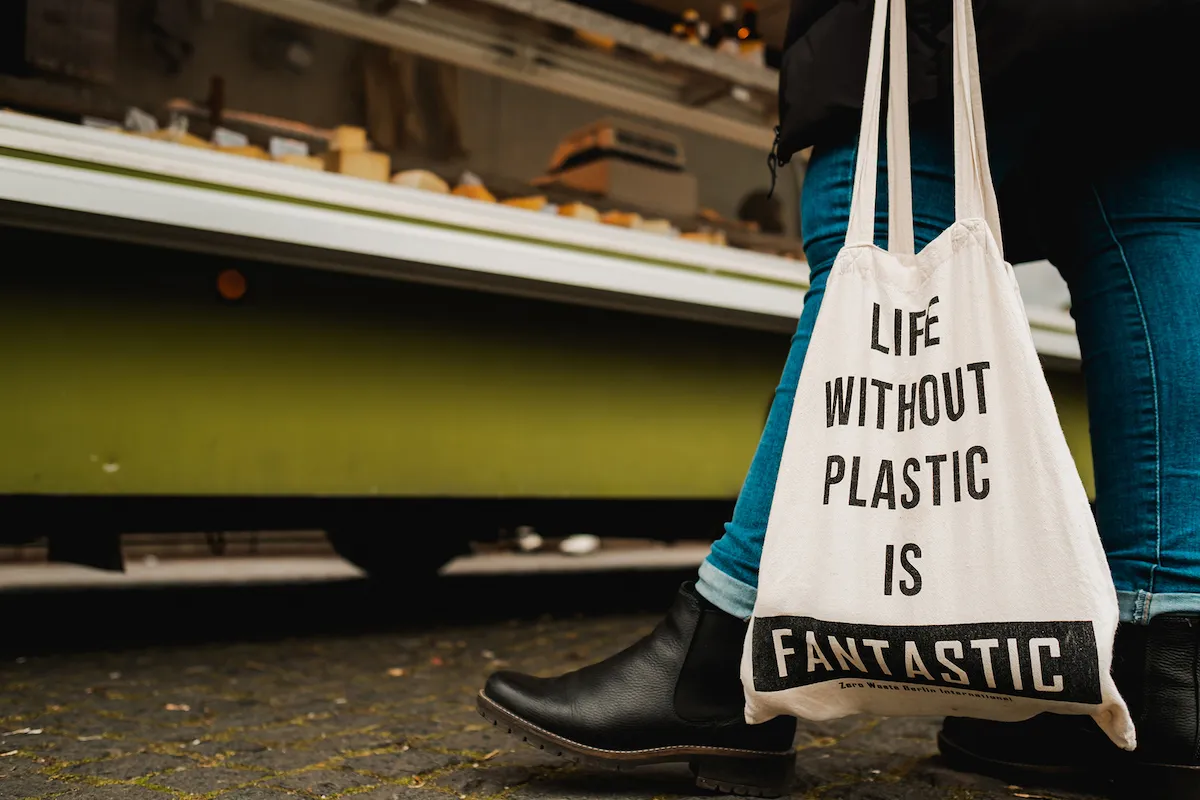
How are your events different from other events?
We bring high-profile professionals and try to go deep into the conversations with them, not only considering their business solutions but also valuing their expertise in specific fields. We focus our conversation on topics that everybody needs to have right now.
The festival is open to everybody but certainly, some conversations are at a higher level and may not be for everyone but I think this is also a part of the experience. One can work in technology, but you end up learning about mobility, fashion and so many other topics that in the end are all connected. We have workshops, masterclasses, and areas for companies to show their solutions, among other activities.
We have celebrated three editions so far. The first one was online, and the other two were in person. We try every edition to focus on a different topic. For example, the last one was Green Cities. We are not just another conference— we try to bring the festival side of it too. We have the fun part with food, and music and the informal part where people connect with others since we believe a connection is key.
How do people get informed about the festival?
We put everything on social media. We have a newsletter that everybody can join through our website. Right now, we are preparing for the next exhibition and we're taking internal decisions about the content and speakers. As soon as we have taken the final steps, we will be communicating through all these channels. People who want to take part, and get involved to collaborate in a certain way can always write through our website.
I believe at this festival, everybody will be able to find something that suits them and discover what steps they can take in their life toward being sustainable or having a sustainable business. The idea is that they will leave with the knowledge and resources to make changes in their lives as either citizens or entrepreneurs.
What are the challenges you faced and how did you solve them?
The language was always a challenge because I had a kind of situation of either I work on my business or improving German. I understand the language, but it's a bit difficult for me to express my idea at a business level. In Berlin, most people speak English and there are lots of expats too. Germans also speak really good English. So if you host an event in English, you attract people from both sides and offer a space to connect.
And of course, the biggest challenge has been securing investment. When the idea was born in 2020, we were a small team of three in the incubator. As we started our incubation program, COVID hit. So we needed to reinvent ourselves, got lost for a while but then we ended up doing an online event so that speakers from all over the world could join.
But I think right now, we are in a moment where we can say, we have shown that we stood through difficult times and delivered our good product. The challenge at the moment is basically to scale—that will help also to secure and scale the team and be able to create a better experience for the people.
Why did you choose sustainability?
Well, this is something I learned when I was young. I remember when I was 7-8 years old, there was a campaign in my school to try and encourage students to recycle and learn about plastics and general waste. I recall seeing the waste campaigns in the streets and being inspired by the municipality government’s initiative to give out trash bins to each home to separate their waste.
It's not only for business purposes but it's also part of who I am. I also give priority to sustainability in my daily life because it’s where I believe I can have the most impact on my day-to-day routine. For example, I’ve been a vegetarian for the last two-and-a-half years.
Every time I go shopping, I bring my reusable bag. I always recycle and push my family and friends into taking waste separation and recycling seriously. I don’t buy plastic goods and I carry a reusable bottle everywhere. Even such a small thing done regularly can have a long-lasting impact on one’s consumption.
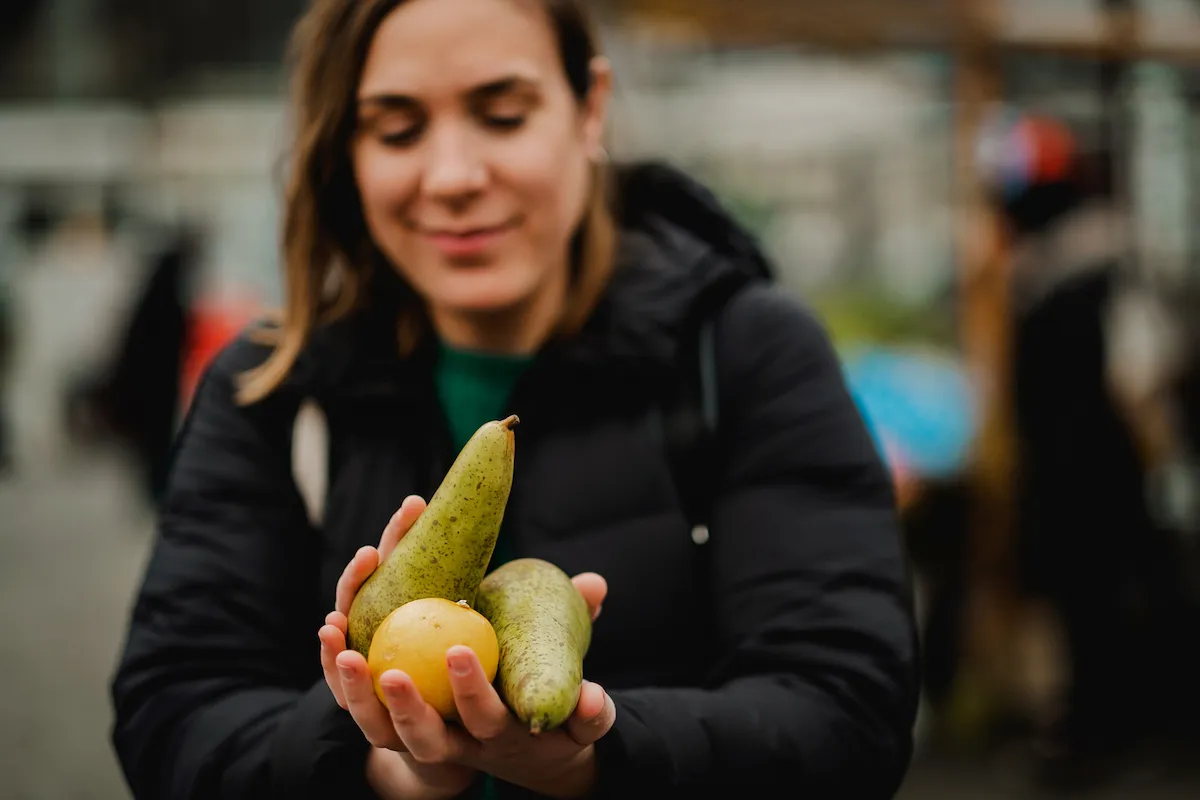
What are the lessons you have learned until now?
The experience allowed me to learn more about zero waste and sustainability. I’ve been learning about the concepts that I could not have imagined previously, such as logistics, regulations, and European laws. Then of course, on the entrepreneurial side, it was the first time I founded a company. I have previously had the experience of being a project manager and a team leader but being a founder and CEO, you need to be active in every single position. It can get a bit hectic at times but it’s worth the experience—to learn how to build something up from an idea and make it into a reality.
You have to work with many partners, how did you start to create relationships with them?
I reached out to many people through a LinkedIn network. It was totally cold calling, and they all inspired and motivated me to the level I needed. I remember the very first speaker I reach out and talked to— Sam Bencheghib, a young guy, born and raised in Bali but a French citizen. He founded an NGO with his siblings to clean rivers by removing plastics.
He grew up playing around the river and they have been cleaning it since they were 12 but later managed to secure government funds to support them. He was so young and such an inspiration.
So, you know, it was the first time putting myself out to say— this is what we do, do you want to join us? He was super excited. He ended up becoming our first speaker.
Do you have any advice for people starting their companies?
You need to love what you are doing. Don't do something only for the money because you are gonna get tired of it soon. The beginnings are not easy and if you don't trust your idea of a product, you're not going to continue.
Something that could have helped me at the beginning but was not possible just because of the whole situation (COVID) is to build a network, go to events, and contact other people that are working in a similar field. My first year was learning while doing.
So, my suggestion would be- attend conferences, workshops, and events online or offline. Pitch your idea to others and receive feedback, both positive and negative because everybody will love your idea, but doesn't mean that everybody will pay for it.
Any final words?
I think it's important to support the founders. Support your friends that are starting from scratch. Just like when people bring you gifts after you have had a baby, I think they also need to be open to helping their friends, family, and network. Support them by buying their product or helping them to network or with the skills you acquire— whatever you have. We need more entrepreneurs and good ideas should not be left behind.
Follow Zero Waste Berlin Festival on Website, Facebook, LinkedIn, Instagram and be up-to-date about the next festivals.
Visit previous interviews with other Green Initiatives.

